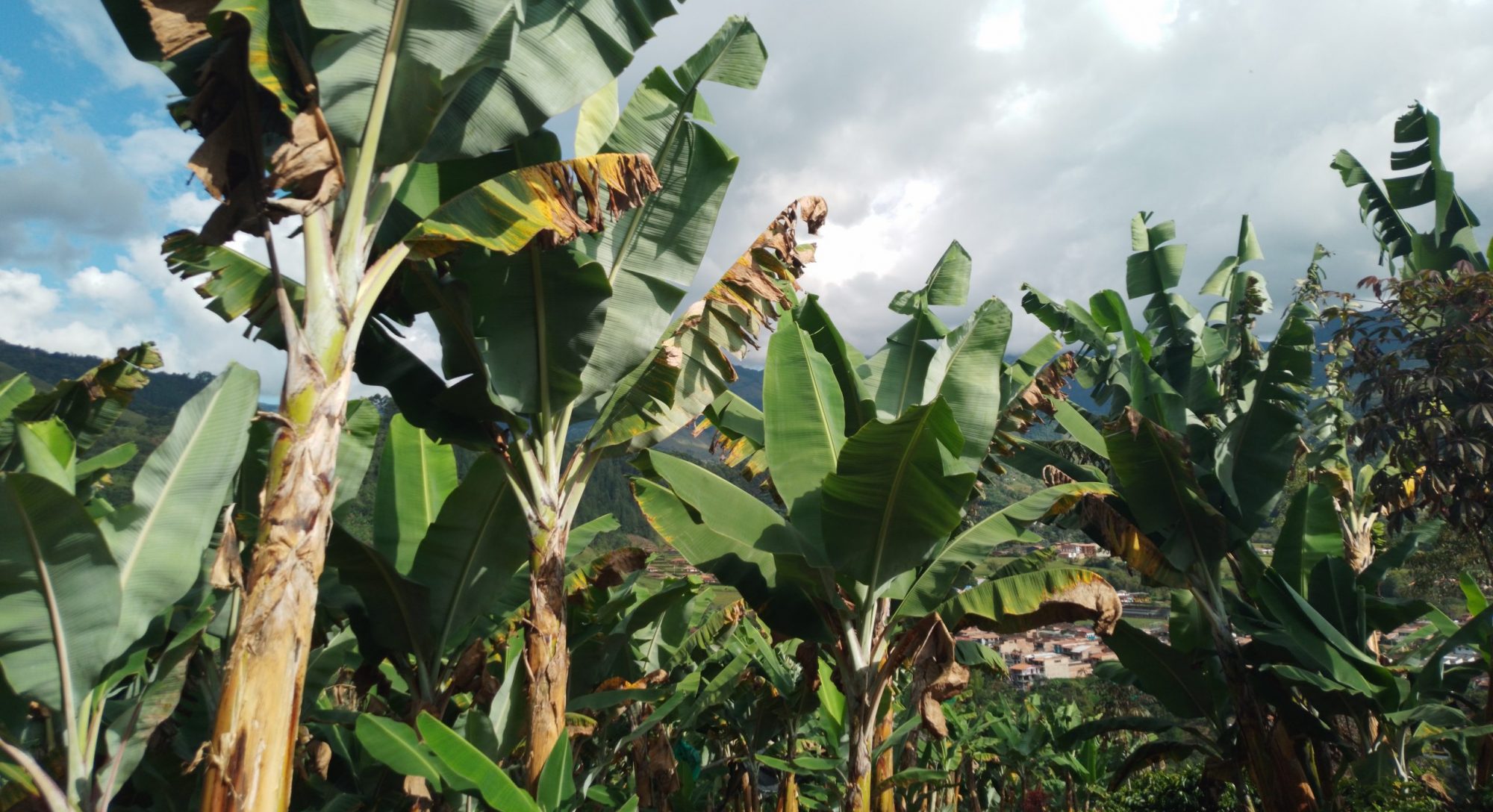RGS-IBG medals and awards recognise excellence in geographical research and fieldwork, teaching and public engagement. Any Fellow or member of the Society may make a nomination, and Research Groups are welcome to support nominations. The deadline for nomination is the end of February. The list of medals and awards is as follows:
· Gold Medal – Founder’s and Patron’s Medals for the encouragement and promotion of geographical science and discovery. The two Gold medals are both approved by Her Majesty The Queen.
· Victoria Medal for conspicuous merit in research in Geography Busk Medal for conservation research or for fieldwork abroad in Geography or in a geographical aspect of an allied science
· Cherry Kearton Medal and Award for a traveller concerned with the study or practice of natural history, with a preference for those with an interest in nature photography, art or cinematography
· Murchison Award for publications judged to contribute most to geographical science in preceding recent years
· Back Award for applied or scientific geographical studies which make an outstanding contribution to the development of national or international public policy
· Cuthbert Peek Award for those advancing geographical knowledge of human impact on the environment through the application of contemporary methods, including those of earth observation and mapping
· Gill Memorial Award for the encouragement of geographical research in early career researchers* who have shown great potential (*defined as within 10 years of completing their PhD)
· Ordnance Survey Awards in recognition of excellence in Geography education at the secondary level Taylor and Francis Award for excellence in the promotion and practice of teaching and learning in Higher Education
· Ness Award for travellers, particularly those who have successfully popularised Geography and the wider understanding of our world and its environments
· Fordham Award for distinguished contributions to the field of cartobibliography (this is not awarded every year)
· Geographical Award for a company or individual that had provided outstanding (non-commercial) support for individuals or groups learning through scientific expeditions; or for an expedition(s) that has had a significant impact in inspiring and raising the understanding of geographical issues among schools or the public
· Honorary Membership for outstanding services and contributions to a geographical dimension of public life Honorary Fellowship for service to the cause of Geography or to the work of the Society
Nominations should consist of a completed nomination form with a statement of 200-300 words outlining why the candidate should receive the award, a CV of the candidate and written support of approximately 200-300 words from two additional Fellows or members of the Society (ideally from different institutions/departments). Membership numbers of the proposer and supporters should be included in all correspondence. Full details and nomination forms can be found at:http://www.rgs.org/AboutUs/Medals+and+awards/Medals+and+awards.htm
